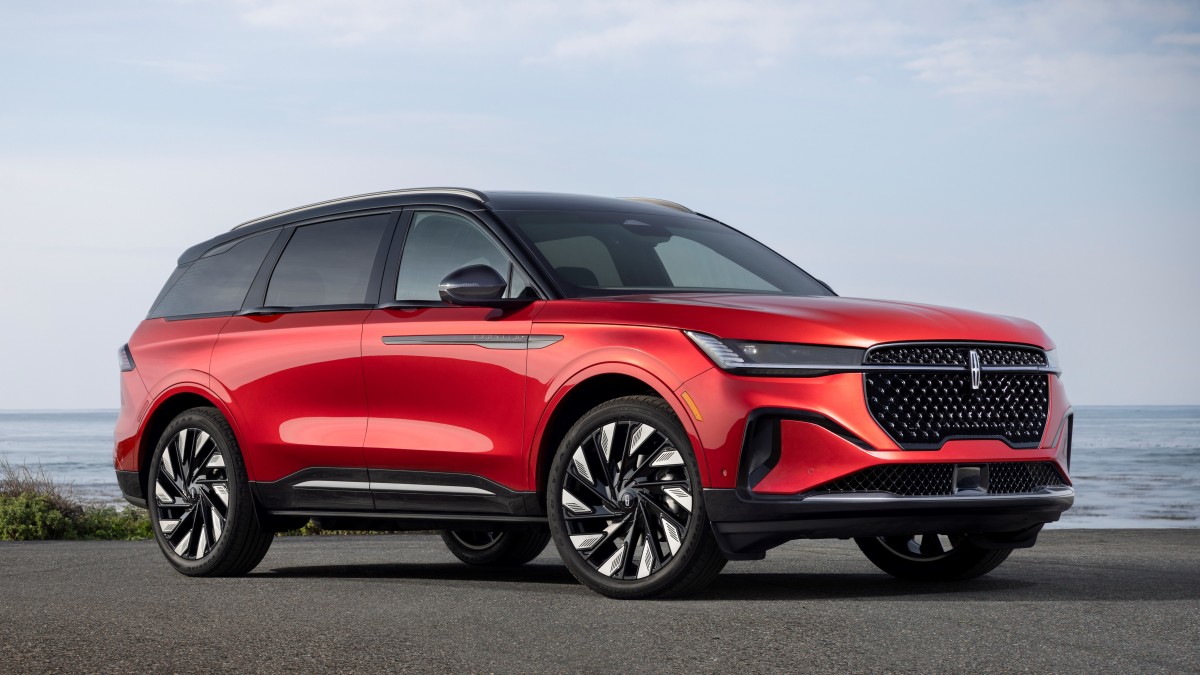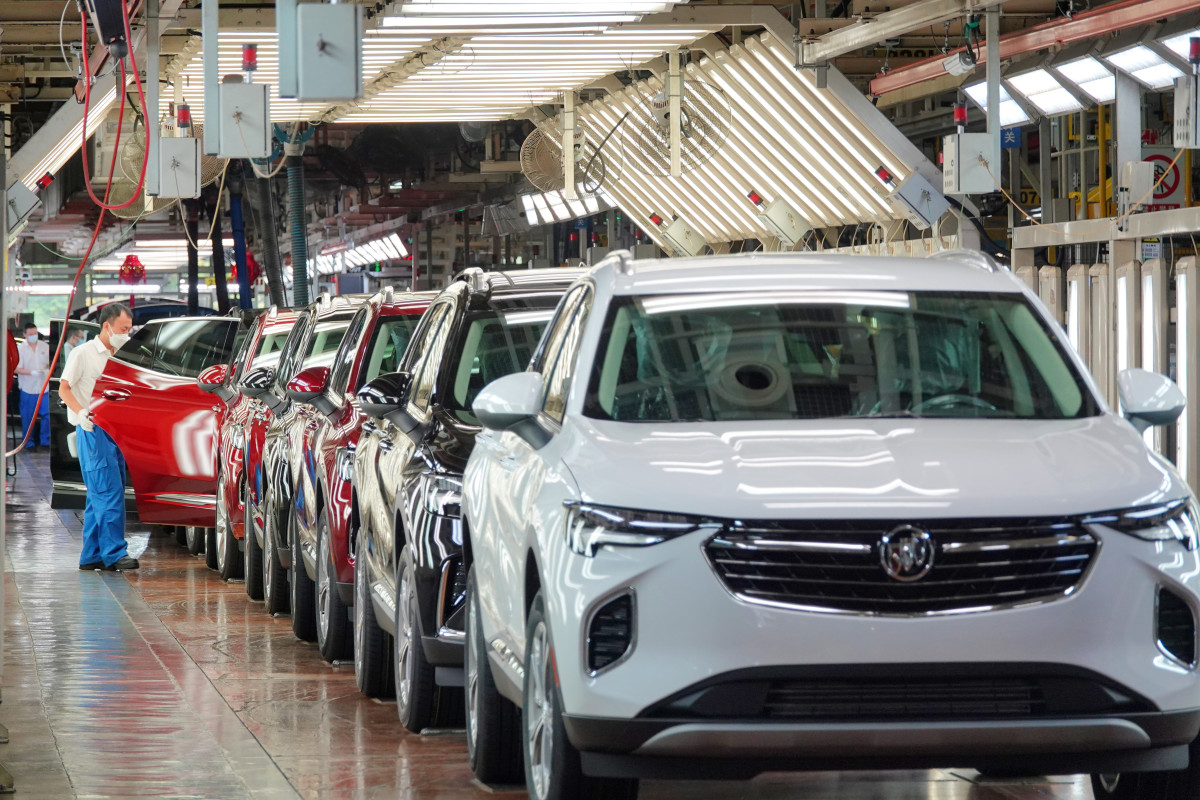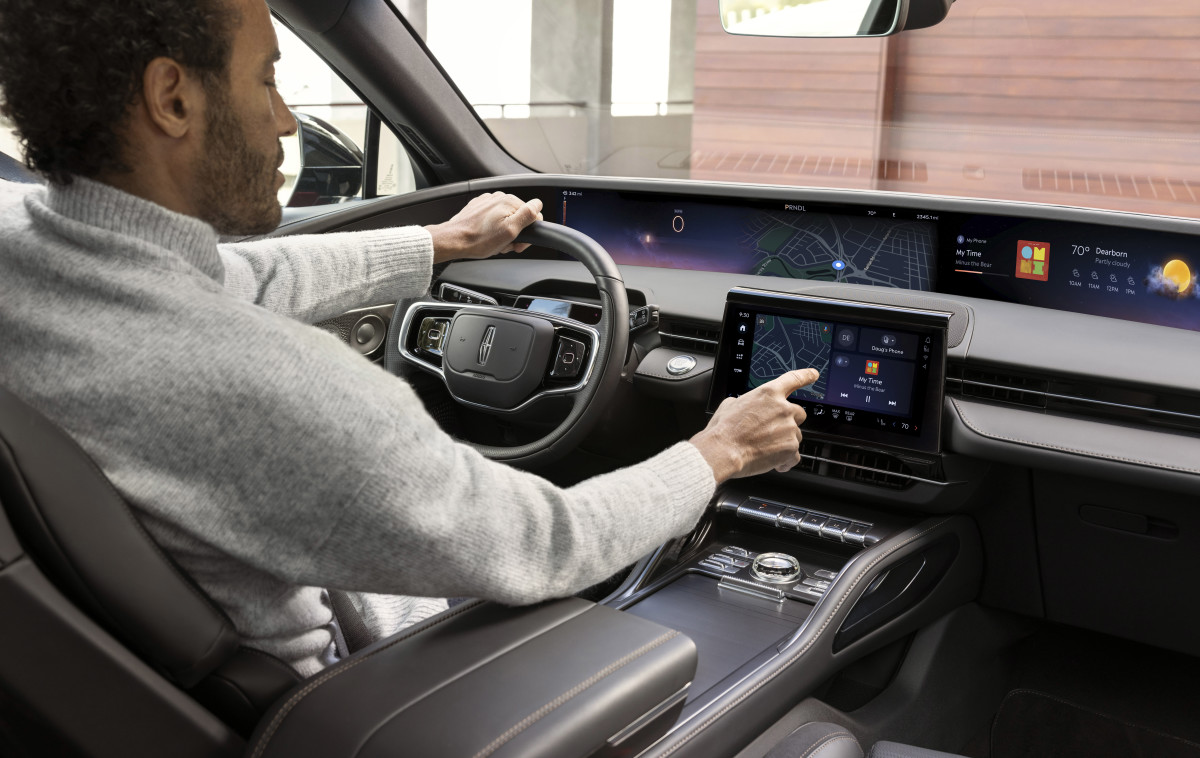
On Sept. 23, the Commerce Department under the Biden Administration proposed some sweeping rules that would effectively ban technology of Chinese origin in "connected cars" destined for roads in the United States.
The move, which was parroted by Biden's national security advisor Jake Sullivan and U.S. Commerce Secretary Gina Raimondo, is justified on the grounds of national security concerns, as they intend the rule to prevent Chinese intelligence agencies and bad actors from spying on Americans or using connected cars as a way to access crucial infrastructure.
Related: Latest federal pitch might steer Chinese cars off US roads
"We'll secure our cars and we'll secure the American people, including our children, from potential surveillance, remote access and control, and protecting Americans from bad actors and trying to give every American peace of mind," Raimondo said in a press briefing.
Though the moves were intended to protect the country from foreign adversaries, a new report shows they might have consequences for automakers closer to home.

New Rules
As per a report by Reuters, a Commerce Department official noted that the proposed regulations would effectively ban all vehicles made in the People's Republic from being sold stateside.
Elizabeth Cannon, the Executive Director of the Commerce Department's Office of Information and Communications Technology and Services, noted that the rules also apply to some of Detroit's finest, including General Motors (GM) and Ford (F) , which would disincentivize any effort to import Chinese-made vehicles.
"We anticipate at this point that any vehicle that is manufactured in China and sold in the U.S. would fall within the prohibitions," Cannon told Reuters.
More Automotive:
- The Toyota Crown is a masterclass in cheap, quiet luxury
- Ford making radical change that might anger loyal consumers
- Gavin Newsom's 'EV mandate' is under U.S. Supreme Court threat
The Chinese Connection
Passenger cars made in Chinese factories are sold in the United States and are currently roaming the streets; however, they do not have any Geely (GELYF) , BYD (BYDDY) , or NIO (NIO) badges stuck onto their goods, bumpers, body panels, or grilles.
Instead, they bear Western names. Ford makes the Lincoln Nautilus crossover SUV for its luxury brand through a joint venture with Chinese state-owned automaker Changan. Similarly, GM makes the Buick Envision crossover SUV for the upmarket brand through a joint venture with Chinese state-owned automaker SAIC.
These crossovers are huge draws for their brands. General Motors sales data shows that over 21,860 Buick Envisions were sold in the U.S. in the first half of 2024, marking roughly 24% of the brand's sales.
Similarly, Ford sales data shows that Lincoln moved 17,504 Nautilus vehicles in the U.S. in the first half of the year; about 36% of its sales — part of which can be attributed to the Nautilus earning a Top Safety Pick+ award from the IIHS and a spot on WardAuto's 10 Best Interior & UX winners list for 2024.

Ford/Lincoln
Notably, the Nautilus; which is made in a factory in Hangzhou, Zhejiang, China, has been lauded by the automotive industry authority for its large, 48-inch 4K display.
Dubbed by Ford as the "Digital Experience," the dashboard-width screen software is developed by Google and is intended to be in the driver's line of sight.
In a statement, WardAuto judge Drew Winter noted that the Lincoln "is literally on the leading edge of vehicle cockpit design," adding that "its impressive pillar-to-pillar screen is pushed far forward on the instrument panel so all necessary information can be seen without taking eyes off the road.”
Related: Lincoln's latest luxury cruiser is a Google-powered smartphone on wheels
The proposed rules target the hardware and software that underpin modern "connected cars," including the software that allows cars on the road to connect to WiFi, satellite, and cellular networks and autonomous car software.
Though it may help automakers that do business in the United States avoid the threat of inexpensive Chinese imports, which might be a serious national security risk, other advocates argue that such actions aren't necessary.
In a statement, the Alliance For Automotive Innovation, a DC-based trade and lobbying group that represents major automakers like GM, Ford, Toyota, Porsche and Hyundai, noted that there is “very little” hardware or software technology that comes into the U.S. from China, but argued that automakers will need more time to comply if the ruling passes.
“I’ve said this in other contexts, but it applies here too: you can’t just flip a switch and change the world’s most complex supply chain overnight. It takes time,” Alliance For Automotive Innovation president and CEO John Bozzella said. “The lead time included in the proposed rule will allow some auto manufacturers to make the required transition but may be too short for others.”
Related: Veteran fund manager sees world of pain coming for stocks







